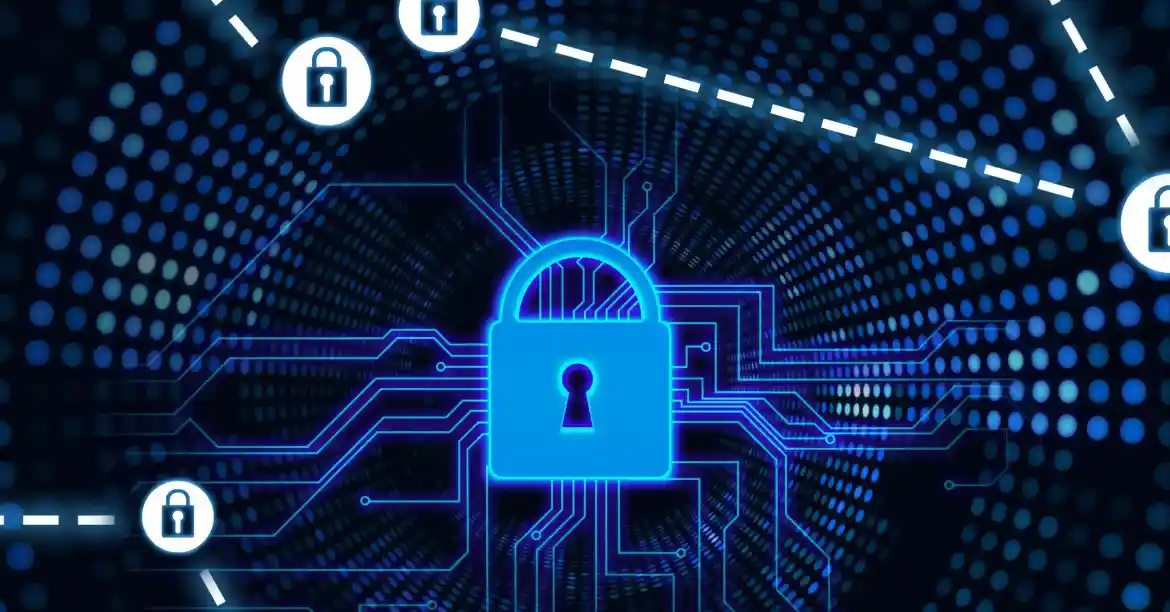Halliburton Cyber Attack: Impact & Disruption to Global Energy Sector
Date: 26 August 2024

Halliburton is the latest industry giant to make cybersecurity news. One of the world’s largest Oilfield Services Firms, Halliburton announced last week on Thursday that an unauthorised third party had gained access to some of its systems. On Friday, it was confirmed that the compromise was a cyber attack and operations at Halliburton began to be disrupted. The $23-billion Oil drilling and fracking giant has close to 48,000 employees across dozens of countries.
In a mandatory SEC filing on Friday, the firm revealed the cyber attack. It also apparently said that upon learning of the unauthorised access, the company “launched an investigation internally with the support of external advisors to assess and remediate the unauthorised activity. The Company’s response efforts included proactively taking certain systems offline to help protect them and notifying law enforcement.”
Unravel everything that happened in this massive Ransomware Attack in our Halliburton Cyber Attack Timeline and Summary Image.
What Happened at the World’s Largest Oilfield Services Firm?
Halliburton was initially tight-lipped about the exact nature of the attack. The name of the threat actor or the extent of damage caused was also not known. However, the attack seemed to have caused significant disruptions to the operations of Halliburton. As per Reuters, the company apparently told some staff not to connect to their internal networks. Operations at the north Houston Campus as well as some global connectivity networks were allegedly impacted. None of this information, however, has been corroborated by official sources.
The incident is, however, was watched closely by the global energy sector, raising concerns about the vulnerability of critical infrastructure. Some experts suggested that if the incident does disrupt operations for long it could have a potential ripple effect on the global energy market, similar to the Colonial Pipeline attack in 2021.
TechCrunch claimed that it identified a potential security issue on Friday in Halliburton’s systems that allows anyone to access internal systems with a single-sign-on provider. The publication also claims it asked Halliburton if they were aware of this issue. The company’s spokesperson Victoria Halliburton spokesperson Ingalls declined to comment on the same.
We've compiled all the information about this critical attack as emerged in our Halliburton Cyber Attack Timeline.
Potential Global Impact of the Cyber Attack on Halliburton
Halliburton’s services are integral to major oil and gas producers worldwide. This makes any operational disruption a potential catalyst for global energy market instability. Beyond the economic ramifications, this cyber attack also sparks national security concerns. Halliburton supports U.S. military operations. A breach of this magnitude could have significant implications for national defence.
However, a spokesperson for the U.S. Department of Energy assured the press on Thursday that they are working closely with other agencies in response to the attack. As of now, there has been no impact on energy services, they said.
The timing of the attack couldn’t have been worse. With the global energy market already grappling with fluctuating prices and supply chain disruptions, this cyber attack introduces yet another layer of uncertainty. The attackers' ability to infiltrate Halliburton's defences has raised concerns about the readiness of major corporations in the energy sector to withstand such sophisticated threats.
The attack has the potential to exacerbate existing supply chain issues, leading to delays in energy production and distribution. This, in turn, could impact global energy prices, especially if other major players in the industry become targets of similar attacks.
Furthermore, the attack underscores the vulnerability of critical infrastructure in the energy sector. With the world increasingly reliant on digital systems to manage complex operations, the risk of cyber attacks and ransomware attacks on these systems has never been higher. The Halliburton incident serves as a stark reminder that the energy sector, which is critical to the functioning of the global economy, is a prime target for cybercriminals.
A Growing Trend: Cyber Attacks on Critical Infrastructure
The Halliburton cyber attack is not an isolated incident. In recent years, there has been a worrying trend of cyber attacks targeting critical infrastructure worldwide. From the Colonial Pipeline attack in the United States to the attacks on European power grids, cybercriminals have shown a growing interest in disrupting essential services that millions of people rely on.
These attacks often have devastating consequences, not just for the companies involved but for entire regions or even countries. They can lead to fuel shortages, power outages, and disruptions in water supply, among other things. The economic impact of such attacks can be enormous, and the recovery process can take months or even years.
Governments and industry leaders are increasingly recognizing the need for stronger cybersecurity measures to protect critical infrastructure. However, the rapid pace of digitalisation in the energy sector and other industries means that new vulnerabilities are constantly emerging, making it a race against time to stay ahead of potential threats. It's also imperative to prioritise effective cyber incident response, given that the chances of being attacked for any organisation in critical infrastructure is very high.
Conclusion
The cyber attack on Halliburton is a stark reminder of the vulnerabilities that exist in the global energy sector. As cybercriminals continue to target critical infrastructure, the consequences of such attacks are becoming more severe.
The energy industry needs to take proactive steps to strengthen its cybersecurity defences, not just to protect individual companies but to safeguard the stability of the global energy market.
In the coming weeks and months, the world will be watching closely as Halliburton works to recover from this attack and as the energy sector grapples with the growing threat of cyber attacks. The lessons learned from this incident will be crucial in shaping the future of cybersecurity in the industry and in ensuring that the global energy supply remains secure and resilient.








